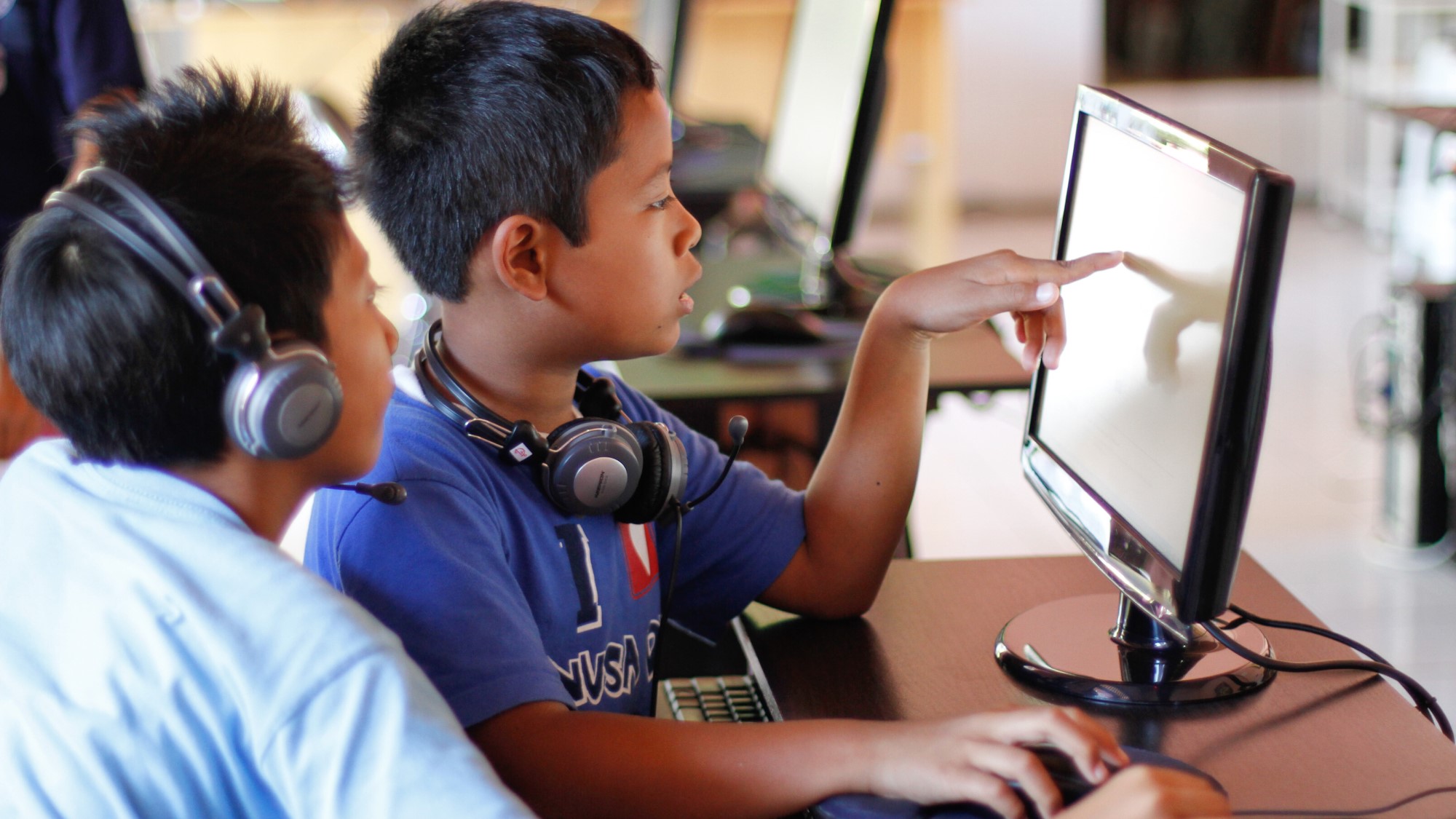Bridging Disparities to Bolster Digital Transformation in ASEAN

Research Associate, Economic Research Institute for ASEAN and East Asia (ERIA)

Research Associate, Economic Research Institute for ASEAN and East Asia (ERIA)

Southeast Asia has a population of more than 670 million people and almost 70% are internet users as of 2022. Photo credit: ADB.
Southeast Asia needs to improve digital access and literacy and upgrade people's skills for genuine digital transformation.
This article is published in collaboration with the Economic Research Institute for ASEAN and East Asia.
ASEAN has seen progress in advancing its vision of a digitally integrated regional economy. However, the faster digital transformation occurs, the wider the digital divide becomes. Disparities in digital adoption have emerged among ASEAN member states, marked by some countries having sufficient digital capabilities, access, and infrastructure, while others face constraints in access.
To ensure a seamless transition to digitalization, ASEAN must pay greater attention toward its human capital. This means focusing on the quality rather than looking only at the quantity of the ASEAN population. The region has a population of more than 670 million people and as of 2022, almost 70% are internet users. Although the number of online users in ASEAN, quantitatively speaking, is substantial, the resulting productivity gains have not been in proportion. Many people still primarily use the internet for one-way consumption of social media, gaming, and communication purposes. They have yet to grasp how technology can play a significant role in productivity gains and creation.
This piece will delve into three fundamental digital disparities in ASEAN which potentially hinder its digital transformation.
Digital access
Access to digital technologies in ASEAN exhibits significant disparities, marked by the varying degrees of digital take-up within the region. Some countries have experienced rapid growth due to digitalization, while others still have difficulties in accessing these digital technologies.
Digital disparities become apparent when examining the differences between rural and urban areas. A cause for concern is how developed areas will continue to progress rapidly, while rural areas remain stagnant, exacerbating the divide between the haves and have-nots.
With an emphasis on equitable access and development, investing in both physical and digital infrastructure is key. Building adequate infrastructure will narrow development gaps and ensure digital technology is accessible to all. Digital access is fundamental to harnessing the untapped potential of digital technologies across Southeast Asia.
Digital literacy
Digital literacy encompasses a person’s aptitude to use digital platforms for finding, consuming, evaluating, creating, and communicating digital materials. Just as access to digital technologies serves as a foundational first step, cultivating digital literacy is the second step in advancing digital transformation. As the region becomes increasingly digitalized, digital literacy levels should also improve.
The Digital Literacy in Education Systems Across ASEAN report by UNICEF found that while most young individuals in ASEAN possess moderate levels of digital literacy, there are significant disparities between individual countries. In addition, over half of young individuals aged 10–24, or 61%, were not being taught digital skills as part of their school curriculum.
It is imperative for countries to further bolster digital literacy through initiatives, such as the ASEAN Digital Literacy Program to equip individuals with the necessary skills to navigate the digitalized ASEAN environment.
Capability and ability to utilize technology
One of the pivotal factors of the digital transformation process is people's capability and ability to utilize technology. ASEAN, both within and across member states, faces disparities in people's digital skills. According to the ASEAN Digital Integration Index, which measured the region across six metrics, Southeast Asia scored the lowest on digital skills and talent, signifying the urgent need to endorse efforts to promote digital skills levels in the region.
Moving toward ASEAN’s digital transformation era, the life of young people in education, personal, and work life has widely changed, particularly post-COVID-19. While digital technologies keep reshaping ASEAN’s societies and industries, schools continue to struggle to incorporate comprehensive digital literacy to equip students with better digital skills. The deficiency in digital literacy and skills could hinder students and societies in making the most of opportunities.
Digital skills can yield significant benefits such as access to job opportunities, increased income, and improved social outcomes. Digitally skilled workers play a vital role in the successful digital transformation of ASEAN. It is imperative the much-anticipated negotiations of the ASEAN Digital Economy Framework incorporate initiatives to nurture a digitally skilled population.
Investment in increasing digital capabilities ensures ASEAN people can fully navigate their way through the digitalized community.
This article has been published by The Manila Times, GMA News, Bangkok Post, The Jakarta Post, and The Voice of Vietnam.

Livia Feliciani Nazara
Research Associate, Economic Research Institute for ASEAN and East Asia (ERIA)Livia Feliciani Nazara joined ERIA in December 2022. She has a double degree in Economics from the Tilburg School of Economics & Management and Universitas Indonesia.

Ivana Markus
Research Associate, Economic Research Institute for ASEAN and East Asia (ERIA)Ivana Markus joined ERIA in January 2022. Prior to joining ERIA, she was part of the strategy and planning team at Grab Indonesia, involved in infrastructure-related projects in West Indonesia. She holds a bachelor's degree in Economics from Universitas Indonesia with concentration on development and labor economics.

ERIA (Economic Research Institute for ASEAN and East Asia)
ERIA is an international organization that was established in 2008 by an agreement of the leaders of 16 East Asia Summit (EAS) member countries. Its main role is to conduct research and policy analyses to facilitate ASEAN Economic Community (AEC) building and to support wider regional community building.

